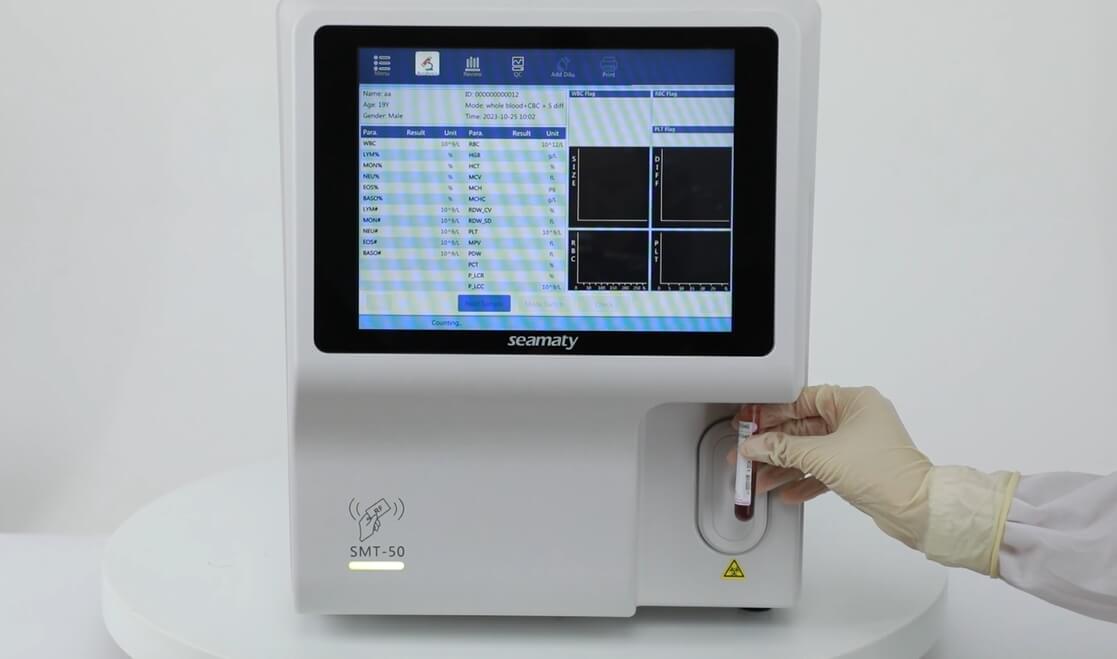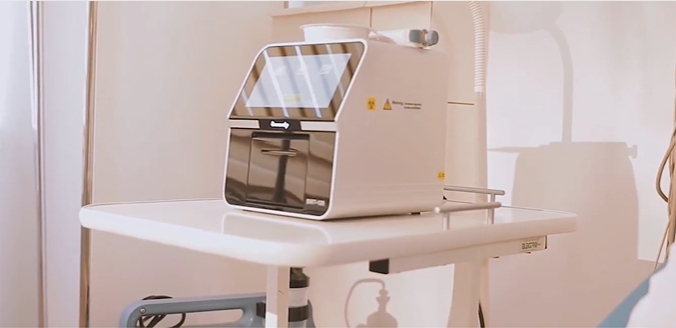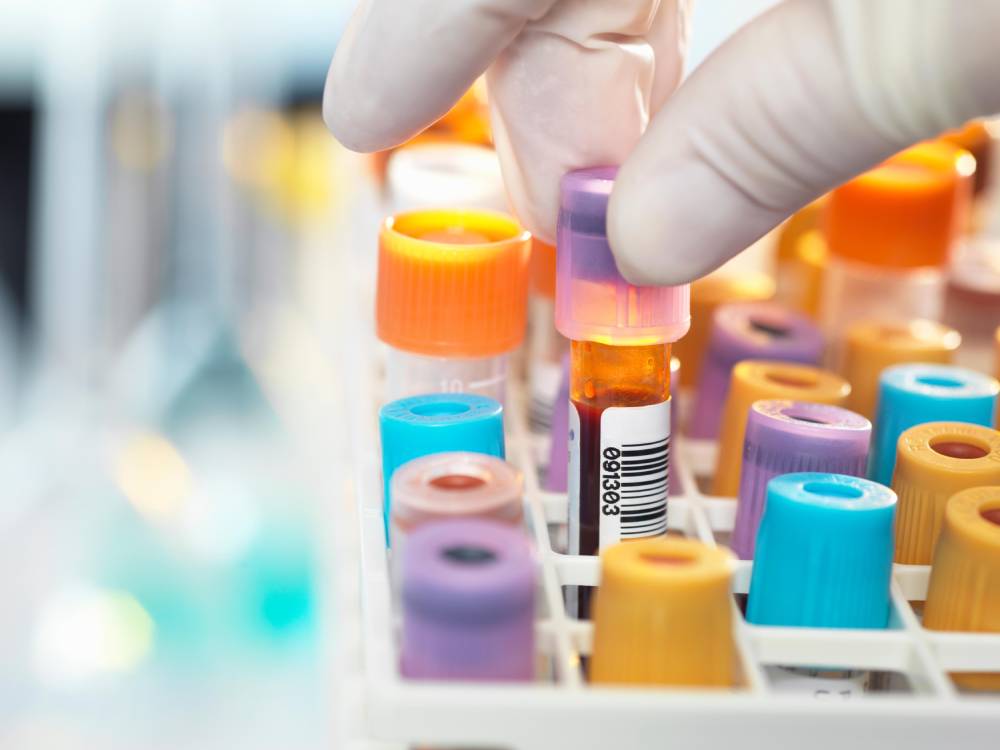release time:2021-09-02 12:03:56
Spectrophotometry is a method established based on the selective absorption of electromagnetic radiation by substances with different molecular structures. It belongs to molecular absorption spectroscopy analysis. When light passes through a solution, the molecules of the substance under test absorb monochromatic light of a certain wavelength. The intensity of the absorbed light is proportional to the distance through which the light passes.

2023-12-06
Discover the essential guide to choosing the perfect hematology analyzer for your healthcare or research needs. From advanced features and budgeting strategies to evaluating performance and trusted manufacturers, make an informed decision with our concise 8-point guide.

2022-06-17
Dry chemistry analyzers are Point of Care Testing (POCT) devices used to measure various components in a blood sample. The most common use for these analyzers is to measure blood sugar levels, but they can also be used to test for other parameters such as hemoglobin levels and potassium levels.

2021-09-27
There are two types of blood gas analyzers. One is the dry blood gas analyzer. The other type of wet blood gas analyzer, also called packet blood gas analyzer. Here is a brief description of the difference between dry and wet blood gas analyzers!